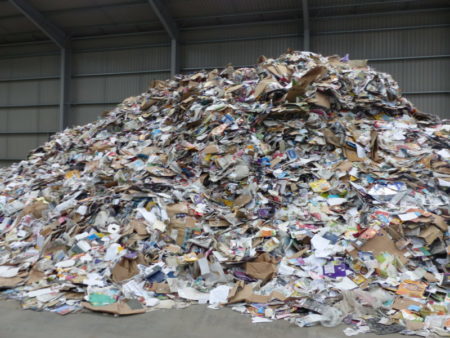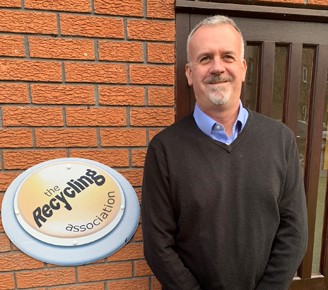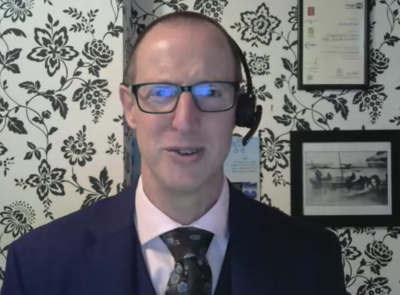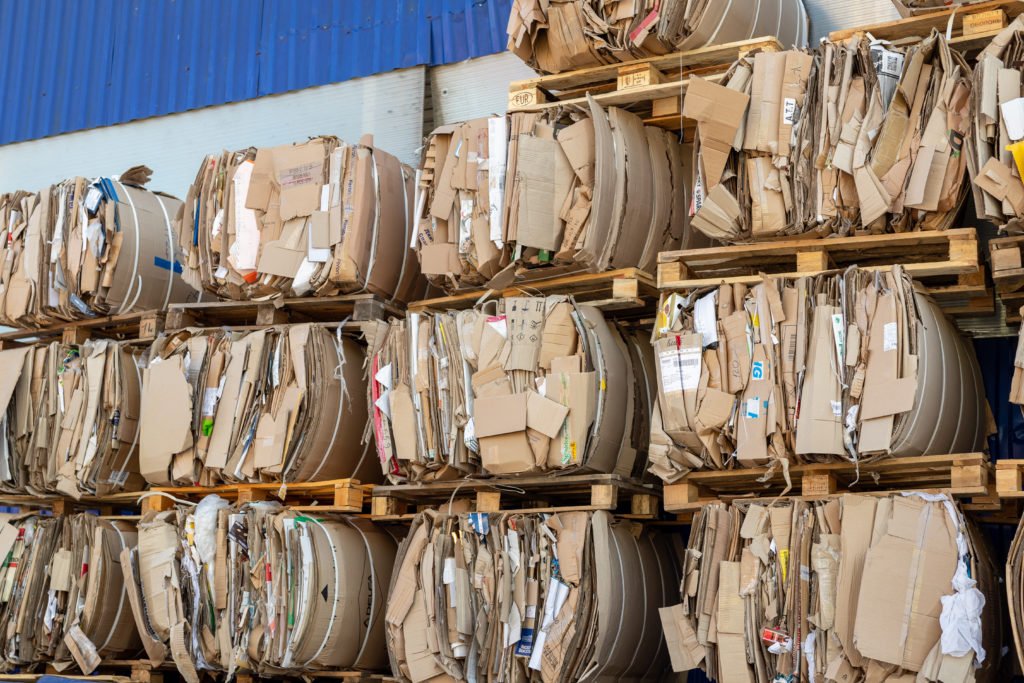However, the Local Authority Recycling Advisory Committee (LARAC) has reasoned that different ways to collect paper do work, as the material does find end markets.
The separate collection proposals form just one element of Defra’s proposals in its consultation on consistency in recycling collections, which closed to responses on 4 July (see letsrecycle.com story).

The call for separate collections by the paper sector comes after LARAC argued in its consultation response (see letsrecycle.com story) that councils are collecting paper for end markets in a variety of ways.
In the response, LARAC said it was concerned about the “potentially prescriptive nature” of the Defra proposals and claimed there were “numerous examples” of fibre of a suitable quality being collected with one or more other materials and supplied to end markets with no issues.
‘Missed the point’
However, the Recycling Association told letsrecycle.com that LARAC’s response “missed the point” of why the source separation of fibre was needed.
Dr Simon Ellin, the association’s chief executive, said: “The Recycling Association has joined the source separation of fibre movement because of the proposed additions of film, flexibles and beverage cartons.
“If they are collected commingled with paper, then we have a waste to energy/landfill problem as it is impossible to separate them, and we are left with a product that is not fit for the paper making process.”
Exports
Dr Ellin also told letsrecycle.com he was concerned about the impact on exports if fibre was not collected separately from other waste streams.

He said: “We export over 60% of all the fibre we collect, and it is illegal to export fibre with the levels of plastics and beverage cartons we will be left with if it’s all commingled.
“There should be no situation anywhere, post the implementation of consistency of collections, where fibre should be collected commingled with film, flexibles and beverage cartons.
“We will be left with an unmarketable product, so there is no point in collecting it and thus consistency regulations in these instances are futile.”
Contamination
Dr Ellin’s worries were echoed by Simon Weston, director of raw materials at the Confederation of Paper Industries (CPI), a trade association representing the UK’s paper mills.

Mr Weston told letsrecycle.com that the UK would be unable to contribute to “global resource circularity” by encouraging demand from British paper mills and export markets if local authorities were not to collect fibre separately from flexible plastics.
He said: “The UK has suffered from the recent closure of foreign markets because of high levels of contamination in recovered paper and board.
“Reject tonnages and market closures are a sign of the need for improvement, not a reason to exempt collection authorities from undertaking their duty under the law, and shows that the idea that ‘any quality is OK’ is not a sustainable long-term strategy.
“UK-derived recyclables will continue to be marked down in price or ignored by buyers unless there is a step change in quality.”
Costs
However, in response, LARAC’s chief executive Lee Marshall told letsrecycle.com that “significant time and funds” would be required for all local authorities to collect fibre separately.

He said: “Local authorities currently collect thousands of tonnes of fibres commingled and the material is marketable and supplied to viable end markets.
“If the introduction of cartons, films and flexible plastics then makes it more difficult to continue with commingled collections in relation to fibre, local authorities will need the funds to cover the additional costs of separate collections.
“Given the push for introducing these additional materials comes from the [extended producer responsibility] changes, then the funding needs to flow through from there.
“It also needs the fibre reprocessors to look at what they can do to push funding through to get the material they want in the manner they want it.
“For all local authorities to collect fibres separately will require significant time and funds as it means a big increase in collection costs, and these are funds local authorities do not have in the current system.”
Judicial review
The Local Government Association (LGA), the national membership body for local authorities, also expressed concerns about the government’s proposals in its own consultation response.
Made public on 7 July, the LGA’s response expressed fears that councils could be held “under threat” of a judicial review after undertaking a technically, environmentally, and economically practicable (TEEP) assessment if they wanted to roll out a service where they did not collect recyclable waste streams separately (see letsrecycle.com story).











Recycling is a con game. Costs too much for what it is worth. Fibre exporters should set up separation plants if they are not happy with the quality of materials collected. Best to send all this material to EFWs if there is no export market – then again why should the Waste Paper industry not share its profits with local councils/ You get free supply of the materials and now getting too choosy..